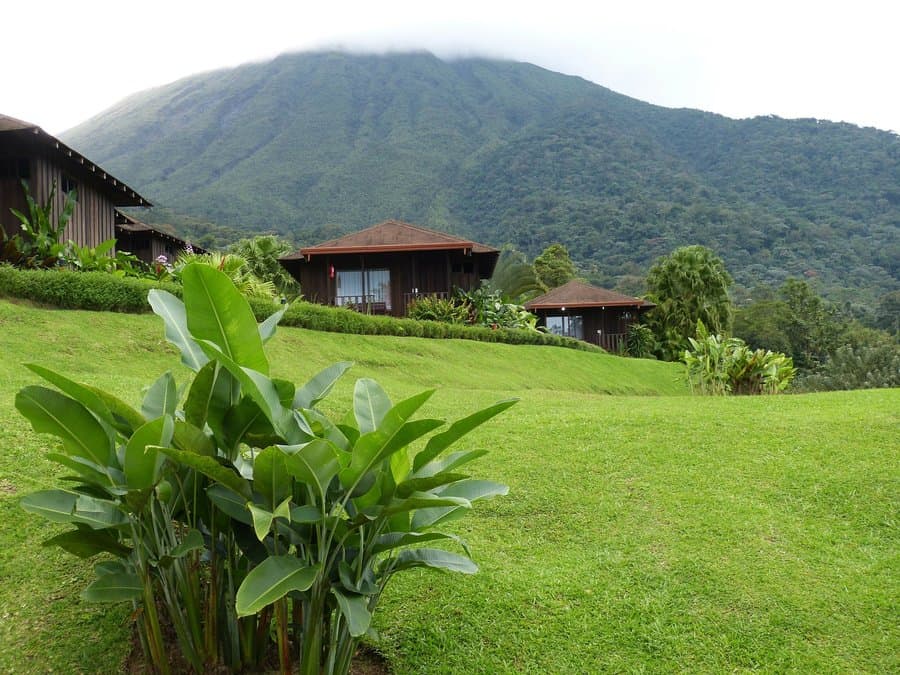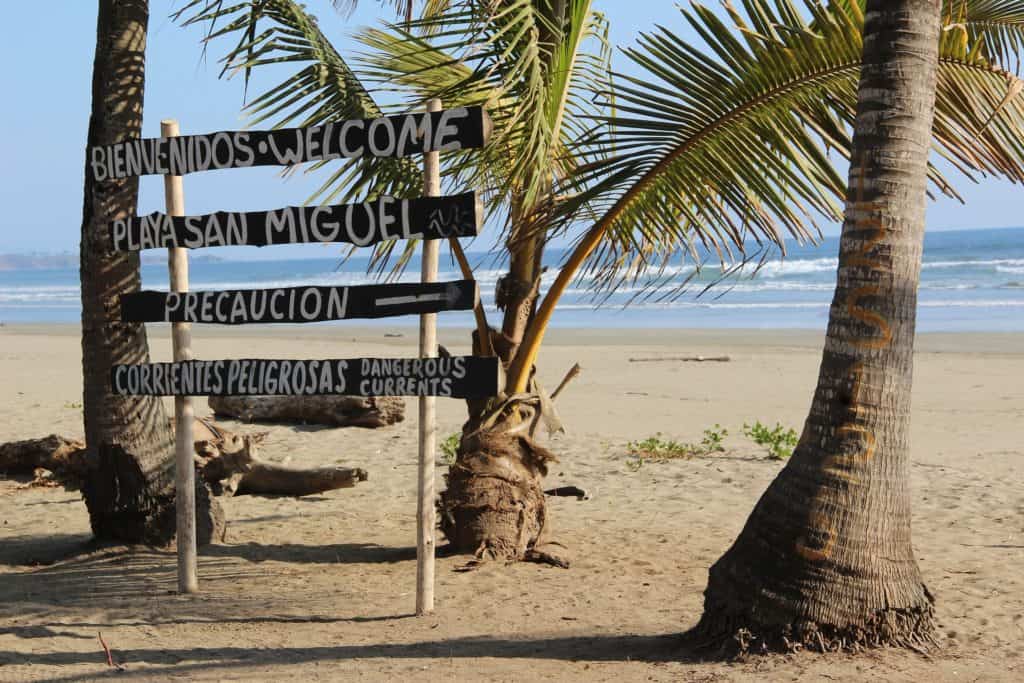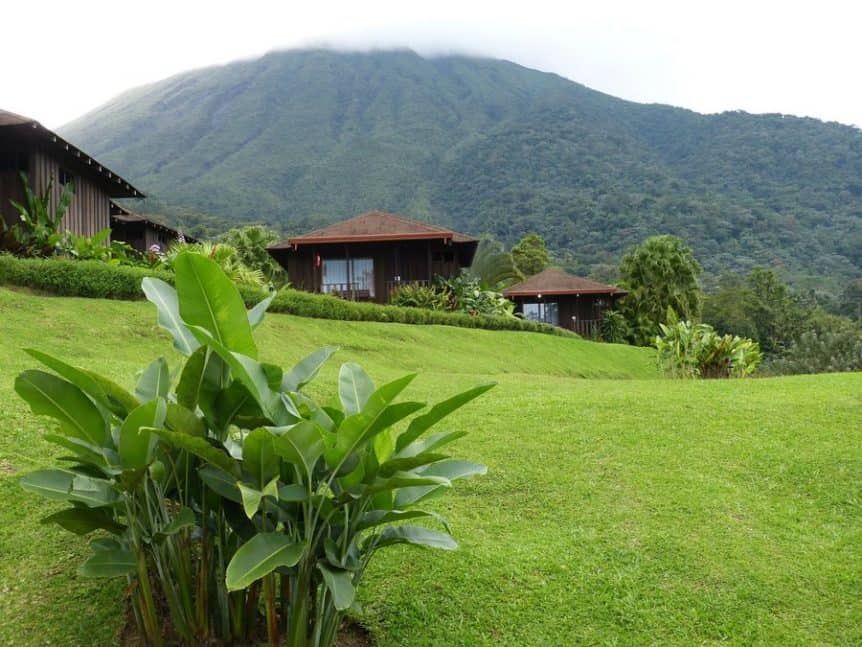
Buying property in Costa Rica is an exciting step, whether you’re eyeing a beachfront condo or a mountain retreat. But the process can be tricky without the right real estate broker by your side. A good broker doesn’t just show you listings—they guide you through a complex market, protect your investment, and help you avoid pitfalls.
The wrong one? You could end up with a “ghost property” or a deal that falls apart. Here’s a straightforward guide to finding an experienced, ethical broker in Costa Rica, understanding their responsibilities, and knowing what you need to do as a buyer. Follow these tips, and you’ll be on your way to owning your dream property with confidence.
Why a Good Broker Matters
Costa Rica’s real estate market is unique. The country has a solid system for registering properties through the National Registry, but real estate agents aren’t regulated by mandatory licensing. That means anyone can call themselves a broker, which puts the pressure on you to find someone legit. A great broker knows the market, verifies property titles, and follows ethical standards.
They’ll save you time, money, and stress. To help you choose wisely, let’s break down the qualifications to look for, the roles you and your broker play, and practical steps to seal the deal.
3 Essential Qualifications to Look for in a Broker

When you’re interviewing brokers, focus on these three areas to ensure they’re up to the task. A table at the end summarizes what to check.
1. Professional Credentials
Costa Rica doesn’t require real estate brokers to hold a government-issued license, but reputable ones join professional associations like the Cámara Costarricense de Corredores de Bienes Raíces (CCCBR) or the Costa Rica Global Association of Realtors (CRGAR). These groups offer training—CCCBR’s five-day course covers property law, ethics, and sales, while CRGAR aligns with U.S. National Association of Realtors (NAR) standards.
Membership shows a broker’s commitment to professionalism. Since 2019, brokers must also register with SUGEF, Costa Rica’s financial oversight agency, to prevent money laundering. Ask to see their CCCBR or CRGAR certification and confirm their SUGEF registration. If they dodge these questions, move on.
2. Experience and Local Knowledge
A broker with years in the game knows Costa Rica’s real estate landscape inside out. They’ll understand local regulations, like zoning plans (plan regulador), and have connections to attorneys, notaries, and other brokers. Look for someone with at least five years of experience in the area you’re targeting—say, Tamarindo for beach properties or Escazú for urban homes.
Language skills matter too. While Spanish isn’t mandatory, brokers fluent in Spanish and your native language can better navigate negotiations and local bureaucracy. Check their track record by asking for client references or online reviews. A broker who knows the community and market trends will get you the best deal.
3. Ethical Standards
Ethics are non-negotiable. An unethical broker might push you into a bad deal or hide property issues. CCCBR and CRGAR enforce codes of ethics, requiring members to act honestly and prioritize your interests. To verify a broker’s ethics, ask if they’re a member of either association, check their SUGEF registration, and request references from past clients.
You can also ask locals or expat groups for feedback, but cross-check what you hear. If a broker pressures you to buy quickly or seems vague about property details, that’s a red flag. Trust your gut—if something feels off, find someone else.
Broker vs. Buyer: Who Does What?

Once you’ve picked a broker, understanding your roles is key to a smooth process. Here’s what your broker should do and what’s on your plate as the buyer.
Broker Responsibilities
A good broker is your advocate, handling the heavy lifting to find and secure your property. Expect them to:
- Interview You Thoroughly: They’ll ask about your needs, preferences, and budget to narrow down options. Be clear about what you want—coastal vs. inland, residential vs. commercial, or a specific price range.
- Set a Realistic Budget: They’ll align properties with your financial capacity, avoiding time-wasters that are too cheap or out of reach.
- Research the Market: Brokers study listings through the Costa Rica MLS (powered by Propertyshelf) and tap their network to find properties that match your criteria.
- Verify Properties: They’ll check the National Registry to confirm the property’s title is clear, free of liens or back taxes, and properly registered. They’ll also review the zoning plan to ensure the land use fits your plans (e.g., residential or commercial).
- Prepare and Present: Before showing a property, they’ll ensure it’s ready—clean, accessible, and well-presented—to make a strong first impression.
- Close the Deal: If you find the right property, they’ll guide you through negotiations, coordinate with a notary for the transfer deed, and ensure all paperwork is filed correctly.
Buyer Responsibilities
Your broker does a lot, but you’re not off the hook. To make the process smooth and protect your investment, take these steps:
- Choose the Right Broker: Pick someone with the credentials, experience, and ethics outlined above. Don’t settle for less.
- Do Your Homework: Research the market yourself—check recent sales on the Costa Rica MLS or expat forums to get a sense of prices. Ask your broker why a property is for sale to spot potential issues, like flood risks or legal disputes.
- Hire a Real Estate Attorney: Brokers handle a lot, but only a licensed attorney-notary can prepare and register the transfer deed. Your broker should recommend one, but verify their reputation independently.
- Verify Infrastructure and Services: Confirm the property has access to roads, water, electricity, internet, and other essentials. Check proximity to schools, hospitals, and supermarkets, especially if you’re relocating.
- Understand Zoning and Permits: Ask your broker for the zoning plan to know what you can build or use the property for. If you plan to construct, ensure permits are feasible.
- Be Transparent: Tell your broker your budget and needs upfront. Holding back can lead to mismatched properties and wasted time.
Broker Qualifications Table
| Qualification | What to Check |
|---|---|
| Credentials | CCCBR or CRGAR membership, SUGEF registration, no home-country license needed |
| Experience | 5+ years in the area, fluency in Spanish and your language, client references |
| Ethics | Adheres to CCCBR/CRGAR code of ethics, positive reviews, no high-pressure tactics |
Final Thoughts
Finding the right real estate broker in Costa Rica is about trust and due diligence. Look for someone with CCCBR or CRGAR credentials, solid experience, and a reputation for ethical dealings. They should guide you through every step, from finding a property to signing the deed, while you stay proactive—researching the market, hiring an attorney, and verifying infrastructure.
Costa Rica’s real estate market is full of opportunities, but it’s unregulated, so your broker is your first line of defense against bad deals. Take your time, ask tough questions, and build a relationship with a broker who’s got your back. With the right partner, you’ll be calling that dream property home in no time.

